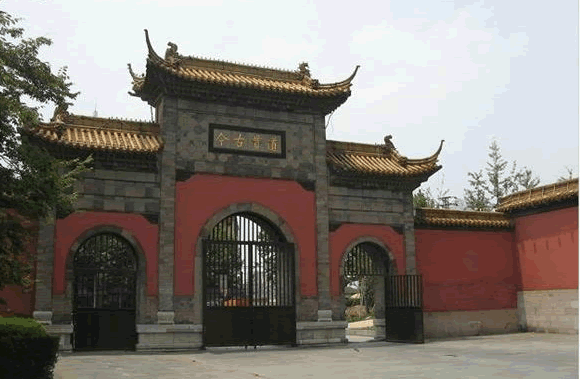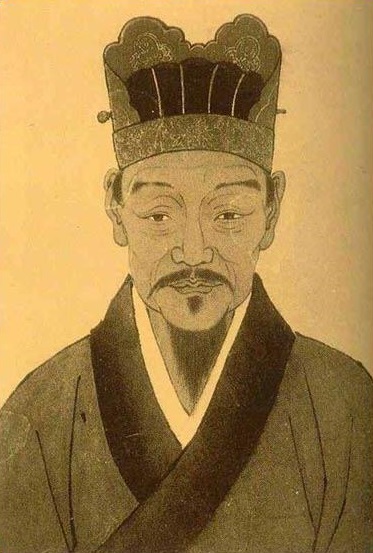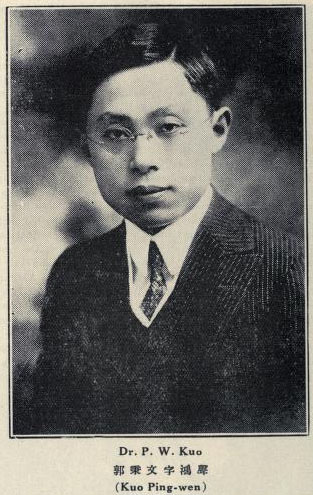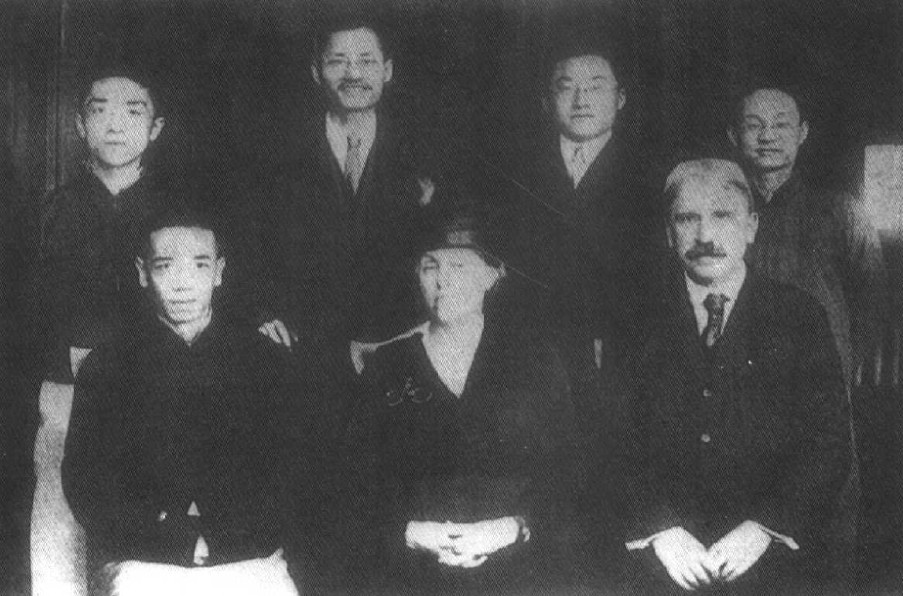|
Coeducation
Mixed-sex education, also known as mixed-gender education, co-education, or coeducation (abbreviated to co-ed or coed), is a system of education where males and females are educated together. Whereas single-sex education was more common up to the 19th century, mixed-sex education has since become standard in many cultures, particularly in Western countries. Single-sex education remains prevalent in many Muslim countries. The relative merits of both systems have been the subject of debate. The world's oldest co-educational school is thought to be Archbishop Tenison's Church of England High School, Croydon, established in 1714 in the United Kingdom, which admitted boys and girls from its opening onwards. This has always been a day school only. The world's oldest co-educational both day and boarding school is Dollar Academy, a junior and senior school for males and females from ages 5 to 18 in Scotland, United Kingdom. From its opening in 1818, the school admitted both boys and gi ... [...More Info...] [...Related Items...] OR: [Wikipedia] [Google] [Baidu] |
Single-sex Education
Single-sex education, also known as single-gender education and gender-isolated education, is the practice of conducting education with male and female students attending separate classes, perhaps in separate buildings or schools. The practice of single-sex schooling was common before the 20th century, particularly in secondary education, secondary and higher education. Single-sex education is practiced in many parts of the world based on tradition and religion; recently, there has been a surge of interest and the establishment of single-sex schools due to educational research. Single-sex education is most popular in English-speaking countries (regions) such as Singapore, Malaysia, Republic of Ireland, Ireland, the United Kingdom, Hong Kong, South Africa and Australia; also in Chile, Israel, South Korea and in many Muslim majority countries.C. Riordan (2011). The Value of Single Sex Education: Twenty Five Years of High Quality Research, Third International Congress of the European ... [...More Info...] [...Related Items...] OR: [Wikipedia] [Google] [Baidu] |
Oberlin Collegiate Institute
Oberlin College is a private liberal arts college and conservatory of music in Oberlin, Ohio. It is the oldest coeducational liberal arts college in the United States and the second oldest continuously operating coeducational institute of higher learning in the world. The Oberlin Conservatory of Music is the oldest continuously operating conservatory in the United States. In 1835, Oberlin became one of the first colleges in the United States to admit African Americans, and in 1837 the first to admit women (other than Franklin College's brief experiment in the 1780s). It has been known since its founding for progressive student activism. The College of Arts & Sciences offers more than 50 majors, minors, and concentrations. Oberlin is a member of the Great Lakes Colleges Association and the Five Colleges of Ohio consortium. Since its founding, Oberlin has graduated 16 Rhodes Scholars, 20 Truman Scholars, 12 MacArthur fellows, four Rome Prize winners, seven Pulitzer Prize winners, ... [...More Info...] [...Related Items...] OR: [Wikipedia] [Google] [Baidu] |
Nanjing University
Nanjing University (NJU; ) is a national public research university in Nanjing, Jiangsu. It is a member of C9 League and a Class A Double First Class University designated by the Chinese central government. NJU has two main campuses: the Xianlin campus in the northeast of Nanjing, and the Gulou campus in the city center of Nanjing. Established in 1902 as Sanjiang Normal School, Nanjing University underwent a number of name changes, such as Nanjing Higher Normal School, National Southeastern University and National Central University, until it was renamed Nanjing University in 1950. It merged with the University of Nanking in 1952. NJU is perennially ranked one of the best research universities in China, and one of the most selective universities in the nation. As of 2022, Nanjing University ranked 7th in China and 95th globally by Times Higher Education World University Rankings. Regarding scientific research output, the Nature Index Annual Table 2022 ranked Nanjing Universit ... [...More Info...] [...Related Items...] OR: [Wikipedia] [Google] [Baidu] |
Li Zhi (philosopher)
Li Zhi (1527–1602), often known by his pseudonym Zhuowu (which means, “I who am smart”), was a Chinese philosopher, historian and writer of the late Ming dynasty. A critic of the Neo-Confucianist views espoused by Zhu Xi, which was then the orthodoxy of the Ming government, he was persecuted and committed suicide in prison. Biography He was born in Jinjiang, Fujian province (in modern Quanzhou). His ancestor by seven generations was Lin Nu, the son of Li Lü, a maritime merchant. Lin Nu visited Hormuz in Persia in 1376, converted to Islam upon marriage to a Semu girl ("娶色目女") (who was most likely either Persian or Arab), and brought her back to Quanzhou. This was recorded in the Lin and Li genealogy《林李宗譜》. However, the new faith did not take root in his lineage and the family stopped practising Islam during the time of his grandfather. His father made a living by teaching, and Li Zhi was therefore educated from an early age. In 1551, he passed the v ... [...More Info...] [...Related Items...] OR: [Wikipedia] [Google] [Baidu] |
Ming Dynasty
The Ming dynasty (), officially the Great Ming, was an Dynasties in Chinese history, imperial dynasty of China, ruling from 1368 to 1644 following the collapse of the Mongol Empire, Mongol-led Yuan dynasty. The Ming dynasty was the last orthodox dynasty of China ruled by the Han Chinese, Han people, the majority ethnic group in China. Although the primary capital of Beijing fell in 1644 to a rebellion led by Li Zicheng (who established the short-lived Shun dynasty), numerous rump state, rump regimes ruled by remnants of the House of Zhu, Ming imperial family—collectively called the Southern Ming—survived until 1662. The Ming dynasty's founder, the Hongwu Emperor (r. 1368–1398), attempted to create a society of self-sufficient rural communities ordered in a rigid, immobile system that would guarantee and support a permanent class of soldiers for his dynasty: the empire's standing army exceeded one million troops and the naval history of China, navy's dockyards in Nanjin ... [...More Info...] [...Related Items...] OR: [Wikipedia] [Google] [Baidu] |
Yuan Mei
Yuan Mei (; 1716–1797) was a Chinese painter and poet of the Qing Dynasty. He was often mentioned with Ji Yun as the "Nan Yuan Bei Ji" (). Biography Early life Yuan Mei was born in Qiantang (, in modern Hangzhou), Zhejiang province, to a cultured family who had never before attained high office. He achieved the degree of ''jinshi'' in 1739 at the young age of 23 and was immediately appointed to the Hanlin Academy (). Then, from 1742 to 1748, Yuan Mei served as a magistrate in four different provinces in Jiangsu. However, in 1748, shortly after being assigned to administer part of Nanjing, he resigned his post and returned to his hometown to pursue his literary interest. Literary career In the decades before his death, Yuan Mei produced a large body of poetry, essays and paintings. His works reflected his interest in Chan Buddhism and the supernatural, at the expense of Daoism and institutional Buddhism - both of which he rejected. Yuan is most famous for his poetry, which ... [...More Info...] [...Related Items...] OR: [Wikipedia] [Google] [Baidu] |
Qing Dynasty
The Qing dynasty ( ), officially the Great Qing,, was a Manchu-led imperial dynasty of China and the last orthodox dynasty in Chinese history. It emerged from the Later Jin dynasty founded by the Jianzhou Jurchens, a Tungusic-speaking ethnic group who unified other Jurchen tribes to form a new "Manchu" ethnic identity. The dynasty was officially proclaimed in 1636 in Manchuria (modern-day Northeast China and Outer Manchuria). It seized control of Beijing in 1644, then later expanded its rule over the whole of China proper and Taiwan, and finally expanded into Inner Asia. The dynasty lasted until 1912 when it was overthrown in the Xinhai Revolution. In orthodox Chinese historiography, the Qing dynasty was preceded by the Ming dynasty and succeeded by the Republic of China. The multiethnic Qing dynasty lasted for almost three centuries and assembled the territorial base for modern China. It was the largest imperial dynasty in the history of China and in 1790 the f ... [...More Info...] [...Related Items...] OR: [Wikipedia] [Google] [Baidu] |
Ginling College
Ginling College (), also known by its pinyin romanization as Jinling College or Jinling Women's College, is a women's college of Nanjing Normal University in Nanjing, China. It offers both bachelor's and master's degrees. It offers six undergraduate majors: applied English, accounting, financial management, labor and social welfare, food science and engineering, and food quality and safety. Master's degrees are offered in food science, agricultural products processing, and storage, and women's education. Ginling College traces its roots to the Christian college of the same name founded in 1913, which started operations in 1915 and was the first institution to grant bachelor's degrees to female students in China. The school was closed from 1951 to 1987, when it was reestablished on its previous site. American architect and art historian Talbot Hamlin designed some of the buildings that were constructed in the 1919 to 1925 period. Wu Yi-Fang, who was one of Ginling's first fiv ... [...More Info...] [...Related Items...] OR: [Wikipedia] [Google] [Baidu] |
Kuo Ping-Wen
Kuo Ping-Wen or Guo Bingwen (; 1880–1969), courtesy name Hongsheng (鴻聲), was an influential Chinese educator. Biography Kuo was born in Shanghai, Jiangsu province, and his father was an elder in the Presbyterian Church. He attended Lowrie Institute (The Pure Heart Academy, Qingxin Shuyuan 清心書院), which was connected with the First Presbyterian Church in Shanghai (founded by John Marshall Willoughby Farnham, 1830–1917), graduating in 1896. Kuo Ping-wen then served in the customs and postal bureaus before coming to the United States in 1906 under the sponsorship of the Presbyterian Church, at first attending the Preparatory Academy at the University of Wooster, now the College of Wooster, in Ohio, and later, in 1908, matriculating at the University of Wooster with the support of the Boxer Rebellion Indemnity Scholarship Program. At Wooster, Kuo was one of the editors of the university newspaper, ''The Wooster Voice'', and General Secretary of the Chinese Students ... [...More Info...] [...Related Items...] OR: [Wikipedia] [Google] [Baidu] |
Tao Xingzhi
Tao Xingzhi (; October 18, 1891 – July 25, 1946), was a renowned Chinese educator and reformer in the Republic of China mainland era. He studied at Teachers College, Columbia University and returned to China to champion progressive education. His career in China as a liberal educator was not derivative of John Dewey, as some have alleged, but creative and adaptive. He returned to China at a time when the American influence was zesty and self-confident, and his very name at that time (''zhixing'') meant "knowledge-action," reflecting the catch-phrase of the Neo-Confucian philosopher Wang Yangming which implied that once knowledge (''zhi'') had been obtained, then action (''xing'') would be easy. Biography Returning from study in the United States at University of Illinois and Columbia University, in 1917, he joined Nanking Higher Normal School and then National Southeastern University (later renamed National Central University and Nanking University), and he turned to "life ... [...More Info...] [...Related Items...] OR: [Wikipedia] [Google] [Baidu] |
Liu Boming (philosopher)
Liu Boming (; 1887–1923) was a Chinese educator and philosopher born in the late Qing Dynasty. Liu Boming is the first Chinese who received a doctor's degree in philosophy. He finished his work ''The Theory of Chinese Mind Nature'' in 1913, and ''The Philosophy of Taoism'' in 1915 when he was a Doctoral candidate at Northwestern University in the United States. He introduced western philosophy to China when he was a professor of Nanjing University Nanjing University (NJU; ) is a national public research university in Nanjing, Jiangsu. It is a member of C9 League and a Class A Double First Class University designated by the Chinese central government. NJU has two main campuses: the Xianl .... Under his influence, the scholars of Xueheng School translated a number of books of classic Greek philosophy into Chinese. 1923 deaths 1887 births Educators from Nanjing University of Nanking faculty Nanjing University faculty Writers from Nanjing Northwestern University alumn ... [...More Info...] [...Related Items...] OR: [Wikipedia] [Google] [Baidu] |








